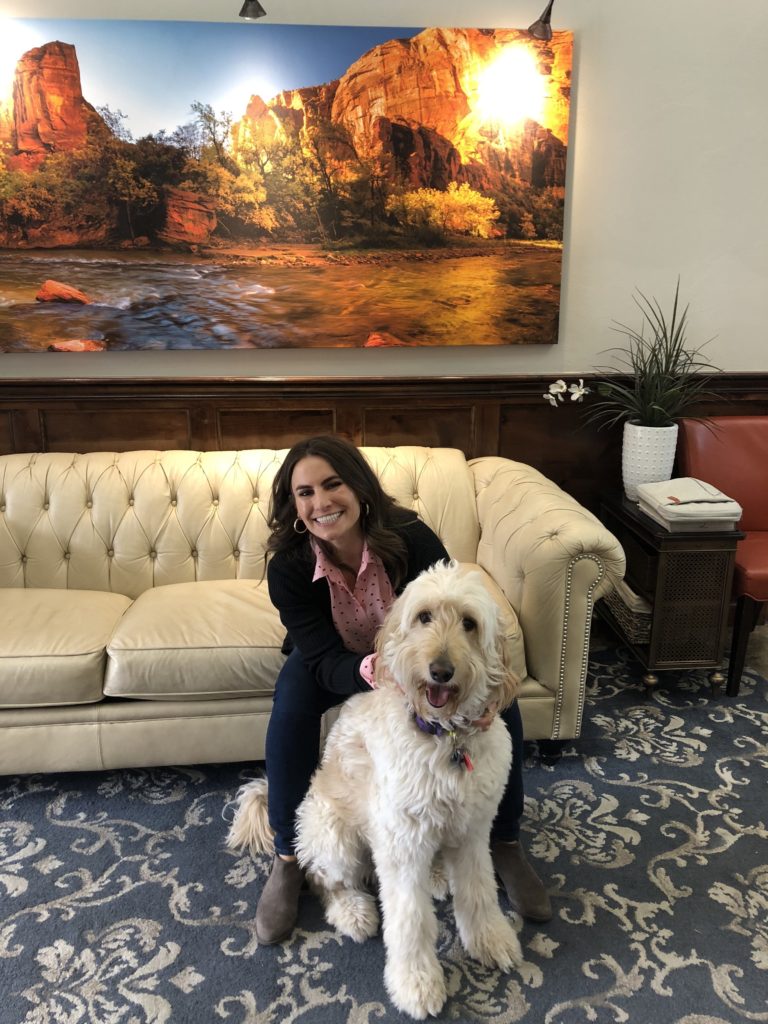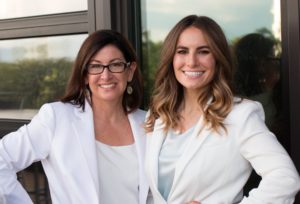When Your Child Isn’t Making Friends in Boarding School
There is a special heartache for the parent of the lonely child. More than academic, athletic, artistic or any other success, parents seem to first want children to feel loved and accepted… to make friends and be invited places, to have a tribe.
So, what to do. Is boarding school a good idea for this child?
Parents are often concerned that their child may be too vulnerable to leave home, often the only safe place they know. Having worked through this with many families, I can report that — with the right school– students actually find overwhelming success in boarding school environments.
Why Boarding School?
How is this success possible? Boarding schools have a few unique advantages. Believe it or not, there is a whole cohort of small schools that cater to kids who need nurturing environments. Some focus on kind communities while others offer specialized instruction and intervention around social-communication and other challenges, including Autism, Executive Functioning, and Nonverbal Learning Disabilities . These schools are selective and focus on admissions for students are a good fit the academic and residential communities. To put it plainly, they look for nice kids who will benefit from the unique programming they, as a school, offer. What’s more, boarding schools are inherently tight communities. This means that kids will find “built in,” 360-degree relationship opportunities– whether it’s the roommate, the teammate, or the teacher who brings their family to dining hall for dinner. You always have people in boarding school.

The first step is learn more about the child and the “why” of the social difficulties. We, as consultants, partner with the family and other professionals to understand the challenges behind the presenting issues. There are a myriad of reasons as to why students might struggle socially, as well as degrees of acuity, and it’s important to first understand the situation so as to align our recommendation(s).
Case Studies
I recently worked with a student who had changed schools frequently due to parents’ occupations, and was subsequently shy and, well, a little sad. We had testing done to better understand the student’s learning profile and the nature of the sadness. Working together, the family ended up enrolling the child in a small, nurturing school of about 100 students. The school has a strong community life and has “adopted” the student easily into the academic and social fold. The family is in open contact with the school, as often as is necessary– including weekly Skype meetings with advisor and parents. Despite initial transition pains, the student is now settled, happy, and successful. The “softness” and relationship-driven focus of the school, in combination with robust programming (extracurricularly and academically) have provided an environment where making meaningful connections is facilitated and supported.
Other students with whom I work have more neurodevelopmentally-based challenges, such as Autism Spectrum Disorder, Non-Verbal Learning Disability, and/ or Executive Functioning Deficits.
Students bloom with newfound confidence, which bubbles over into their social lives.
I recently worked with a student who had a known diagnosis of Autism. We did a few things for this kiddo. First, we updated testing because, as I mentioned, we need to understand the basis of the difficulties. Second, I performed observations at home and school, which yielded a recommendation for summer programming and a supportive, clinically informed boarding school. The family took my advice– which I know was a leap of faith — to great success. Over the summer, the child completed an outdoor-based program while working with a therapist. The therapist, drawing on her extensive work with the child as well as observations, ended up helping us zero in on the perfect school for the child. Today the student is in a boarding school with a strong, clinically-informed program, designed for kiddos on the Autism Spectrum. Students receive social thinking and communication interventions that are “in vitro” (e.g. with peers, in the moment). Academics are tailored to learning strengths. Because students get what they need in the classroom, making good grades is far less effortful. Students bloom with confidence, which bubbles over into social aspects too.
Executive functioning deficits are another challenge with which I work. Typically, these students have innate strengths around reading social cues, and are very empathic individuals. But they may also miss out on social cues due to these attentional and related deficits. As a child misses out on these cues, they may subsequently fall behind socially because they lose out on nuanced social learning opportunities. There also may be challenges around impulsivity, emotional regulation, and emotional maturity. They may also have a history of bullying. I find the place to begin is a relational and flexible environment; here, the child can slow down, feel safe, and open up to feedback. Students often also benefit from structure, e.g. predictable boundaries and expectations. They may also benefit from direct instruction around social pragmatics and self-awareness (meta-cognition).
The bottom line is that every student requires a unique, individualized approach.
The bottom line is that every student requires a unique, individualized approach. But there are schools out there– wonderful schools, that offer a solid foundation of supports so that kids can have the tools they need to explore, grow, and feel good about who they are and what life holds for them.
Want to learn more about boarding schools? Have a question for Michelle? Click here to contact us!













